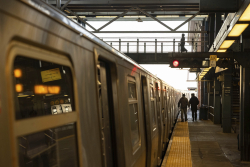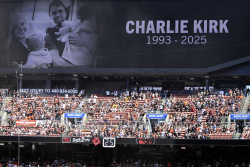
The Supreme Court has declined to block a Mississippi law requiring age verification for social media platforms, including X, TikTok, Snapchat, and Instagram.
The law aims to curb social media use by children.
An emergency appeal had been filed in the case by NetChoice, a lobby group for Big Tech companies.
The Mississippi law, passed in 2024, requires social media giants to verify users’ ages to curb the explosive online use among children and teens. It’s a direct response to skyrocketing concerns from parents and experts about how these apps fuel depression, anxiety, sexual abuse, trafficking, physical violence, and sextortion.
Mississippi Attorney General Lynn Fitch said the law is intended to shield young people from harms that “are not protected by the First Amendment.”
“The act requires what any responsible covered platform would already do: make ‘commercially reasonable’ efforts to protect minors – not perfect or cost-prohibitive efforts, but efforts of reasonable care based on a platform’s resources,” the state argued to the Supreme Court.
NetChoice, which represents heavyweights like Google (YouTube), Snap Inc. (Snapchat), and Meta (Facebook and Instagram), cried foul, claiming the law threatens privacy and unconstitutionally restricts free speech for everyone.
“Online platforms, including social media sites, offer safe spaces for individuals, including youth, to connect with others who share their identities, access information about LGBTQ+ issues and resources, and explore their gender identity and sexual orientation in a supportive environment,” NetChoice countered.
A federal judge initially sided with them and halted the law, but a three-judge panel from the 5th Circuit U.S. Court of Appeals overturned that, paving the way for enforcement. The Supreme Court’s unsigned order keeps it in play.
Justice Brett Kavanaugh noted in a concurrence that NetChoice might eventually prove the law unconstitutional, but hasn’t justified blocking it now because they had not “sufficiently demonstrated” they will be harmed by allowing the law to take effect.
Paul Taske, co-director of the NetChoice Litigation Center, told the Associated Press that the decision was “an unfortunate procedural delay.”
“Although we’re disappointed with the Court’s decision, Justice Kavanaugh’s concurrence makes clear that NetChoice will ultimately succeed in defending the First Amendment — not just in this case but across all NetChoice’s ID-for-Speech lawsuits,” Taske said.


















